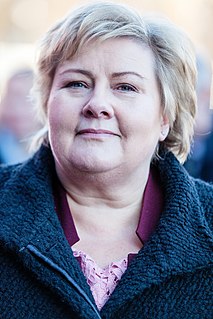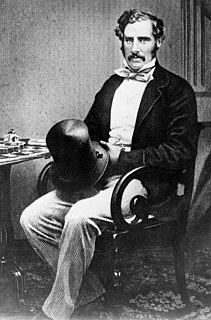A Quote by Ursula K. Le Guin
Writers need to learn their trade, and how to negotiate the increasingly difficult marketplace. The trade can be taught and learned just as the craft can. But a workshop where the trade is the principal focus of interest is not a writing workshop. It is a business class.





































